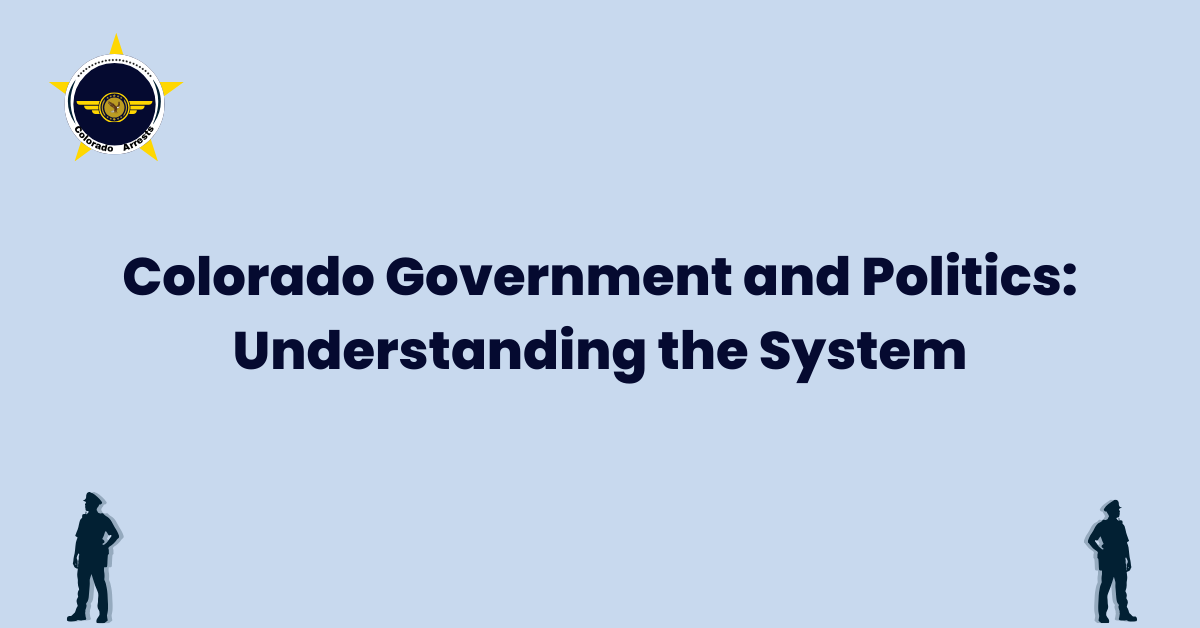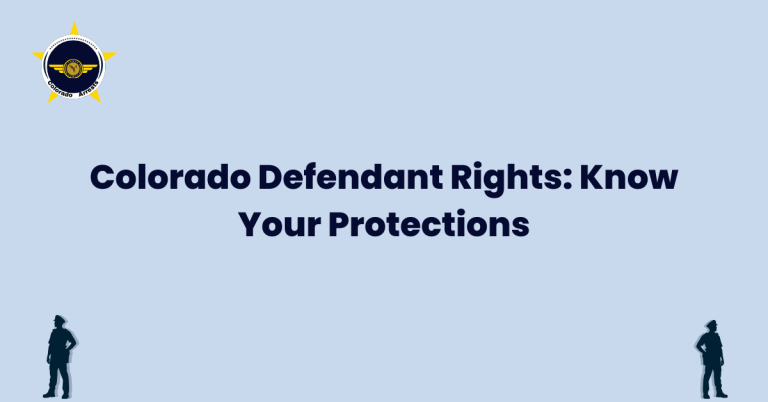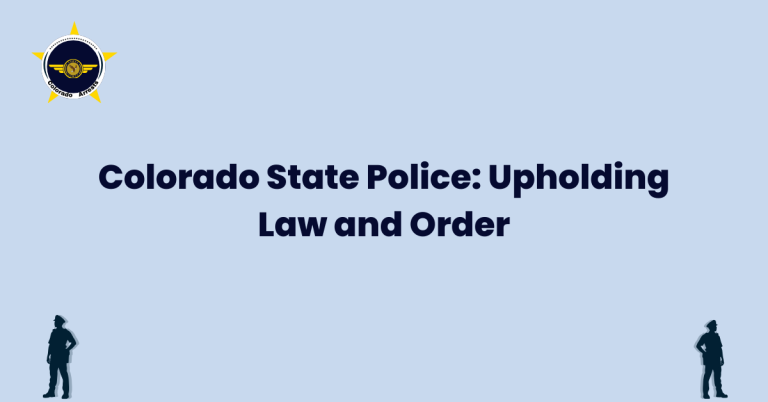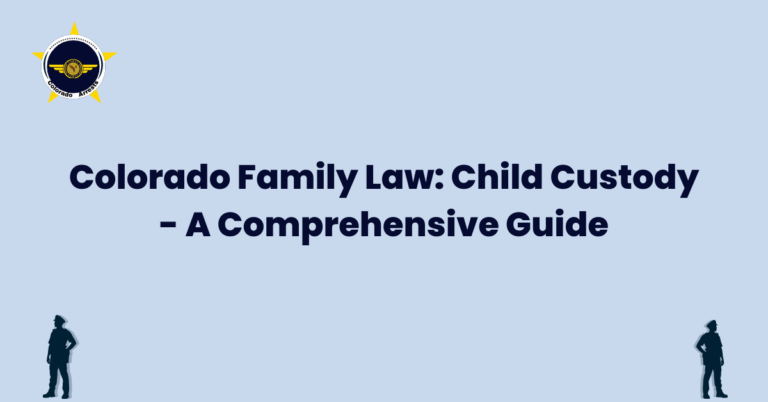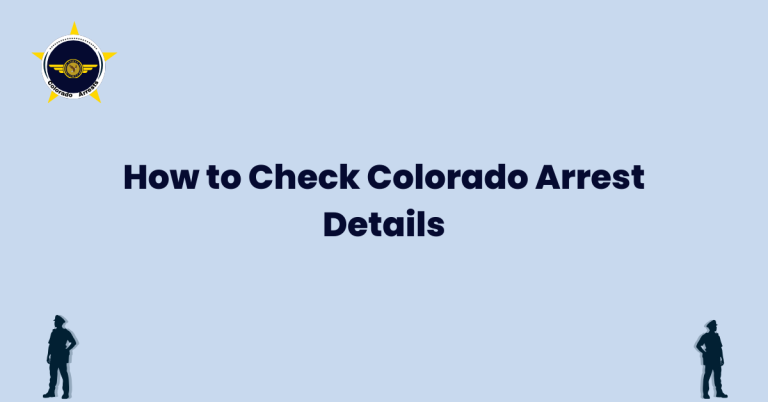Colorado Government and Politics Understanding the System
Colorado Government and Politics Understanding the System is an insightful and comprehensive guide that delves into the intricate workings of the government in the beautiful state of Colorado. Whether you are a resident, a student, or simply someone interested in understanding how the system operates, this resource will provide you with a wealth of knowledge.
From the executive branch to the legislative branch, and everything in between, this guide breaks down the various components of Colorado’s government. Explore the roles and responsibilities of each branch, learn about the processes and procedures that shape legislation, and gain a deeper understanding of the political landscape that shapes the decisions that affect us all.
Understanding Colorado’s Executive Branch
In this section, we will delve into the intricacies of Colorado’s executive branch, which is responsible for implementing and enforcing laws. From the Governor’s role to the various departments and agencies that make up this branch, we will provide a comprehensive overview.
Legislative Branch Shaping Colorado’s Laws
Discover how legislation is created and shaped in Colorado’s legislative branch. From the General Assembly to committees and the voting process, we will explore the steps involved in passing laws that impact the lives of Coloradans.
The Judicial Branch Upholding Justice in Colorado
Explore the role of the judicial branch in Colorado’s government. From the state’s Supreme Court to district and county courts, we will examine how the justice system operates and ensures the fair application of the law.
Local Government Empowering Colorado’s Communities
Learn about the importance of local government in Colorado. From city councils to county commissioners, we will discuss how these entities play a vital role in addressing the unique needs and concerns of each community.
Elections and Civic Engagement in Colorado
Discover how elections and civic engagement shape the political landscape in Colorado. From voter registration to campaign finance regulations, we will explore the democratic processes that allow citizens to actively participate in shaping their government.
Colorado’s Government and You Understanding Your Role
Gain a deeper understanding of your role as a citizen in Colorado’s government. From the importance of staying informed to the power of civic engagement, we will highlight ways in which individuals can make a difference in shaping the future of our state.
FAQs
What is the executive branch in Colorado’s government?
The executive branch in Colorado’s government is responsible for implementing and enforcing laws. It consists of the Governor, Lieutenant Governor, and various executive departments and agencies. The Governor is the chief executive officer of the state and is elected by the people of Colorado.
What is the legislative branch in Colorado’s government?
The legislative branch in Colorado’s government is responsible for making laws. It consists of the Colorado General Assembly, which is composed of two houses the Senate and the House of Representatives. The General Assembly is responsible for passing bills, approving the state budget, and conducting legislative oversight.
What is the role of the judicial branch in Colorado’s government?
The judicial branch in Colorado’s government is responsible for interpreting and applying the law. It consists of the Colorado Supreme Court, the Colorado Court of Appeals, and various district and county courts. The judicial branch ensures that laws are applied fairly and resolves disputes between individuals and the government.
How are laws made in Colorado?
Laws in Colorado are made through a legislative process. A bill is introduced in either the Senate or the House of Representatives, where it goes through committee hearings, amendments, and debates. If the bill is approved by both houses, it is sent to the Governor for signature. The Governor can either sign the bill into law or veto it.
What is the political landscape in Colorado like?
The political landscape in Colorado is diverse and dynamic. The state has a history of being politically competitive, with a mix of conservative, liberal, and independent voters. Colorado is known for its active citizen participation, with initiatives and referendums frequently appearing on the ballot. The state has also seen significant demographic changes in recent years, which have influenced its political landscape.
How can I get involved in Colorado’s government and politics?
There are several ways to get involved in Colorado’s government and politics. You can register to vote and participate in elections to have a say in the decision making process. You can also contact your elected officials, attend public meetings, and join grassroots organizations or advocacy groups. Additionally, staying informed about current issues and policies is crucial in understanding and engaging with Colorado’s government and politics.

